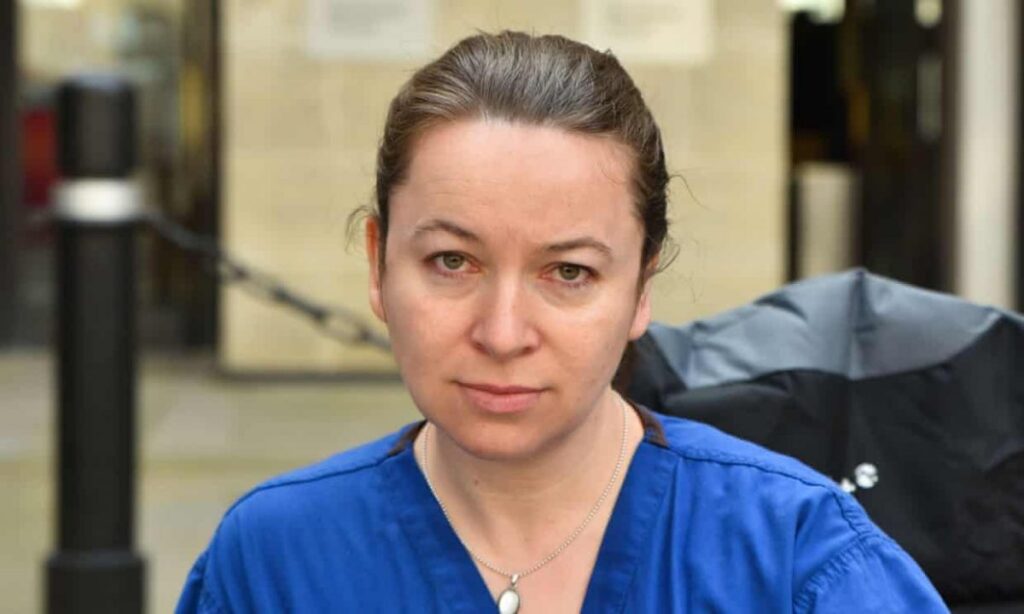A medic’s heartbreaking personal account of the loss of her father, and of witnessing the courage of the critically ill.
Part-way through this memoir of hospice medicine and living with loss, Rachel Clarke lists a few troubling ideas she prefers to avoid thinking about: global warming, far-right populism, email overload, menopause, declining numbers of bees and, of course, mortality. It’s become a truism that western societies have difficulties accepting death, but Clarke, whose daily work is to ease the suffering of the dying, has a different view. She sees sense in avoiding the contemplation of death, and often applauds her patients for it – right up until they no longer have any choice.
It’s a kindness to see death as belonging on the same list as brown envelopes from the government: “Maybe, more prosaically, dying is on a par with tax returns and pensions. We know we should address them all proactively, it is just that the admin involved is, frankly, tiresome.” Only 4% of the population have had the foresight to prepare an “advanced directive” detailing how they’d like to be treated or left in peace should they become critically ill; Clarke would like to see that number increase. Her book has an appendix of websites and organisations that can help. But Dear Life is not a manual for dying, or an orthodox medical memoir – it’s a very personal autobiography. It charts one woman’s trajectory from a happy childhood in rural Wiltshire as the daughter of a local GP, through university, then into a successful career making TV documentaries in London. There’s a Damascus moment in her late 20s when she decides to retrain as a doctor, first in acute and emergency medicine, then finally as a consultant in palliative care.
Read the full review by The Guardian here.
Image: Rachel Clarke taking part in a sit-in outside the Department of Health, London, in 2016. Photograph: Matthew Chattle/REX/Shutterstock


